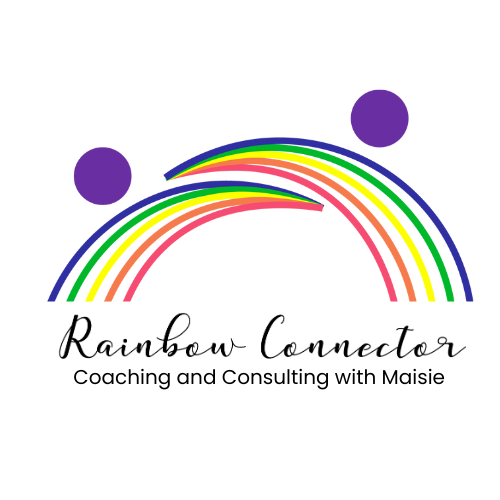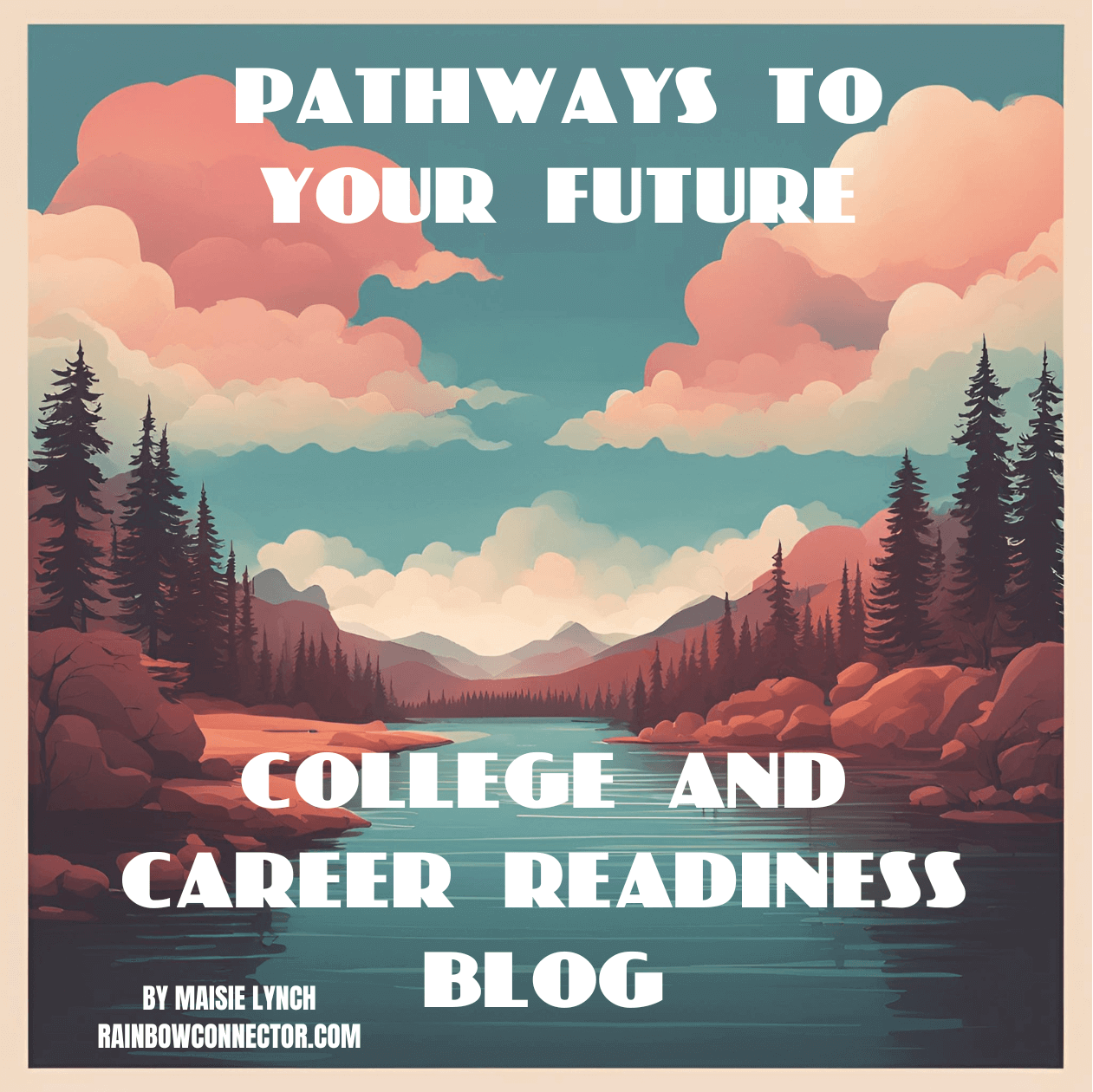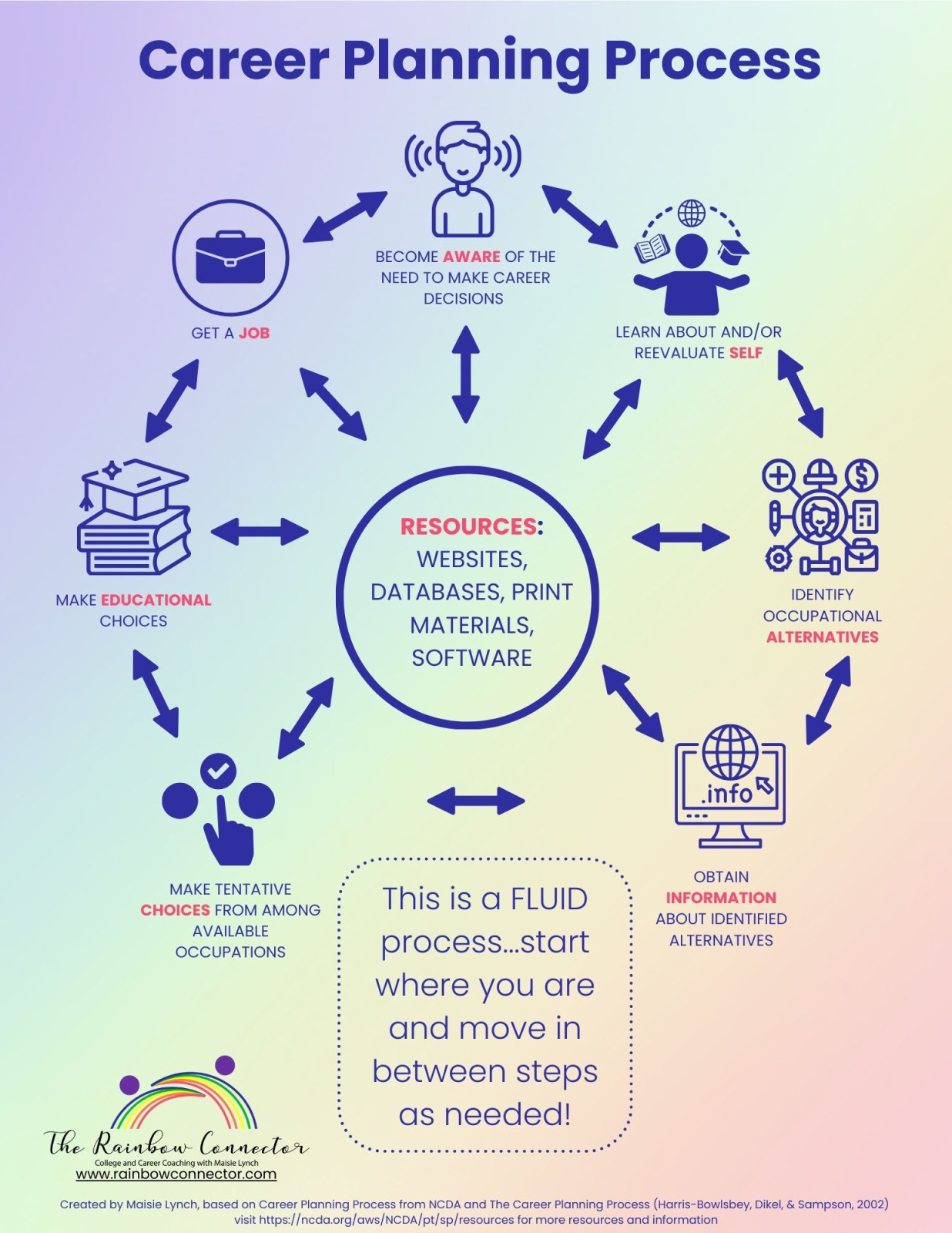
Public speaking is one of those things that a high percentage of people are scared of. Job interviews can bring up some of the same fears and anxieties that public speaking does. While they both can be nerve-wracking experiences for anyone, for teens and young adults with neurodivergencies, these situations can be particularly challenging. Individuals with neurodivergencies may face unique obstacles when it comes to communication and social interactions. However, with the right strategies and support, it is possible to overcome the fear of public speaking and interviewing. In this blog post, we will explore some practical tips and techniques to help neurodivergent teens and young adults build confidence and succeed in these important life skills.
Understanding Neurodiversity
Before diving into strategies to overcome fear, it's essential to understand what neurodiversity is. Neurodiversity refers to the idea that neurological differences, such as autism, ADHD, dyslexia, and other cognitive variations, are natural and should be respected and celebrated. Individuals with neurodivergencies may have unique strengths and challenges, which can impact their experiences with public speaking and interviewing.
- Self-Awareness
One of the first steps in overcoming the fear of public speaking and interviewing is self-awareness. Individuals with neurodivergencies should take the time to understand their specific strengths and challenges in communication and social interactions. This self-awareness can help them identify areas where they may need additional support.
- Preparation Is Key
Preparation is crucial for reducing anxiety in public speaking and interviewing situations. Teens and young adults should thoroughly research the topic they need to speak about or the company they are interviewing with. Knowing the material or the company's background can boost confidence and reduce the fear of the unknown.
For interviews, practicing common interview questions and responses with a friend, family member, or career counselor can be immensely helpful. Mock interviews can help individuals with neurodivergencies feel more comfortable and confident during the real thing. It is also important to research companies before interviewing, many of them have specific, very supportive policies regarding the hiring of people with neurodivergencies. Knowing these may help alleviate some of your fears and anxiety.
- Develop Effective Communication Skills
Building effective communication skills is essential for overcoming the fear of public speaking and interviewing. Here are some strategies to consider:
- Practice active listening: Pay close attention to the other person's words and if you don't understand something, don't hesitate to ask for clarification.
- Use visual aids: When giving a presentation, consider using visual aids like slides or props to help convey your message more clearly.
- Take breaks when needed: If you become overwhelmed during a presentation or interview, it's okay to ask for a short break to collect your thoughts and calm your nerves.
- Use scripts and outlines: Prepare scripts or outlines to help structure your thoughts and keep you on track during presentations or interviews.
- Utilize Accommodations
Many individuals with neurodivergencies are entitled to accommodations that can help level the playing field in public speaking and interviewing situations. These accommodations may include extended time, access to quiet spaces, or the use of assistive technology. It's important to know your rights and advocate for the accommodations you need. It may be difficult to get these in an interview or even in a job, so make sure you talk to a career coach or other professional who can tell you what you should reasonably expect and what is unreasonable to ask for. If you'd like to see if I can help you, feel free to reach out here through my website.
- Build Confidence Through Small Steps
Overcoming the fear of public speaking and interviewing is a gradual process. Start with small steps to build confidence. This could involve practicing public speaking in front of a trusted friend or family member or conducting mock interviews with a career counselor. As you become more comfortable, gradually increase the complexity and exposure of these experiences.
- Embrace Your Unique Strengths
Individuals with neurodivergencies often possess unique strengths, such as attention to detail, creativity, and problem-solving abilities. Embrace these strengths and recognize that they can be valuable assets in both public speaking and interviewing. Focus on how you can use your strengths to your advantage.
- Seek Support and Guidance
Don't hesitate to seek support and guidance from professionals, mentors, or support groups that specialize in assisting individuals with neurodivergencies. These resources can provide valuable insights, tips, and emotional support to help you overcome your fear.
- Practice Mindfulness and Stress Reduction
Fear and anxiety are natural responses to challenging situations, but mindfulness and stress reduction techniques can help manage these emotions. Techniques like deep breathing exercises, meditation, and progressive muscle relaxation can be particularly effective in reducing anxiety and boosting confidence.
Public speaking and interviewing can be intimidating for anyone, but with the right strategies and support, teens and young adults with neurodivergencies can overcome their fear and excel in these important life skills. Remember that neurodiversity is a strength, and embracing your unique qualities can lead to success in various aspects of life, including public speaking and interviewing. By practicing self-awareness, preparation, effective communication, and seeking support, you can build confidence and achieve your goals. Embrace your neurodiversity and remember that you have the potential to shine in any situation.
Resources and Tools to Consider
Career Exploration: O*NET Online
Career Service Providers: If you'd like to see if I'd be a good match to guide you through the Career and/or College Planning Process, book a free consultation with me today
Educational Planning: College Board
Executive Functioning Tools: Evernote
Interview Preparation: YouTube videos, including specific ones for those with neurodivergencies like this one.




















0 Comments